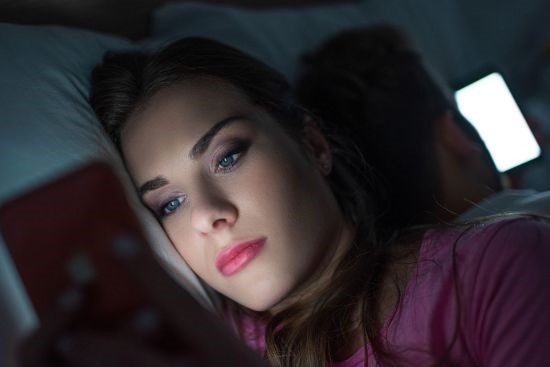
BLOG
 Why Social Media Addiction is Dangerous
Why Social Media Addiction is Dangerous
People spend at least some of their free time scrolling through social media posts in larger and larger numbers. While most of us can keep this process under control, about 10% of Americans become addicted to SM, engaging in excessive use. Here's what happens in their brains, and what you can do to help people who use social media compulsively.
Believe it or not, social media addiction is remarkably similar with other substance abuse disorders. Just like with cocaine and other similar drugs, positive social media notifications increase dopamine levels, making us feel good. It's no wonder that users who spend a lot of time on SM platforms are prone to mood swings, get angry when their social media use is restricted, and so on.
So, you could say that we crave attention, we want to feel important, and social media sites can provide an infinite stream of immediate rewards for us. Each like, share, retweet, etc. makes us feel sensations that are similar with the ones experienced by gamblers, for example.
Why is that happening? Because we feel great when we talk about ourselves, and social media allows us to do just that. Each carefully crafted social media post and/or image shows our accomplishments, attracting waves of positive feedback, and thus making our brain release dopamine, stimulating us to repeat this reward-inducing behavior.
It's no wonder that so many people prefer to spend their time on the most popular social media platforms. Some of us don't get that kind of attention and appreciation in real life, but most people tend to be nicer persons in the online world, because they crave for positive attention as well.
On the other hand, social media users who don't have at least a few hundreds of followers and virtual friends aren't that happy; most of them suffer from low self-esteem issues. Many of these people try to share impressive things with their fans, but are unable to do that because they lack the needed resources; very few people have outstanding jobs, beautiful spouses, can have fantastic vacations, are able to purchase expensive jewelry, and so on.
As things worsen, online activities and connections take priority, while real-life relationships start to suffer. People who are addicted to social media start to ignore their responsibilities, their jobs and studies are impacted, and so on.
To fix these issues, a digital detox is needed; the affected persons must reduce the time spent on social media sites gradually. They could start by checking their SM notifications hourly, and then move on to a phase when they only check what's happened on their social media accounts twice a day.
If you think you may suffer from social media addiction, it is a good idea to leave your phone in another room at night. Several studies have demonstrated that the blue component of the light that's emitted by our devices, be them smartphones, tablets, etc. can affect sleep and leads to diabetes, obesity, etc. Regular light - and especially blue light - affects our circadian rhythm, our body's built-in "clock", if you will. While blue lights help boost attention and mood during the day, they are disruptive at night.
As you now know, excessive social media usage can cause serious health issues, including mental health problems. So, it's best to continue to use social media for your business and stop comparing your (real) offline life with other people's (edited) online lives.